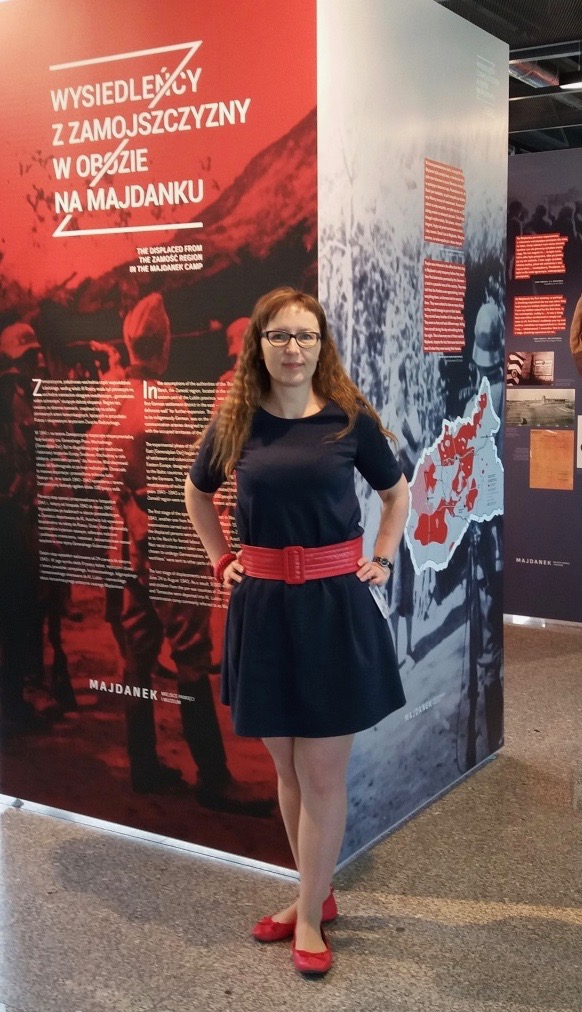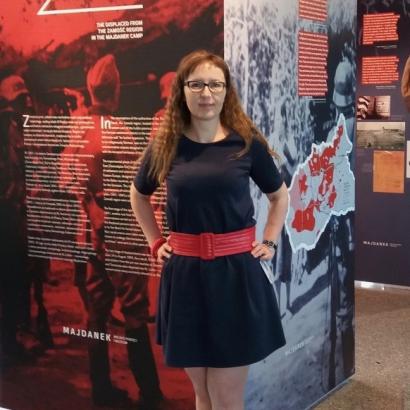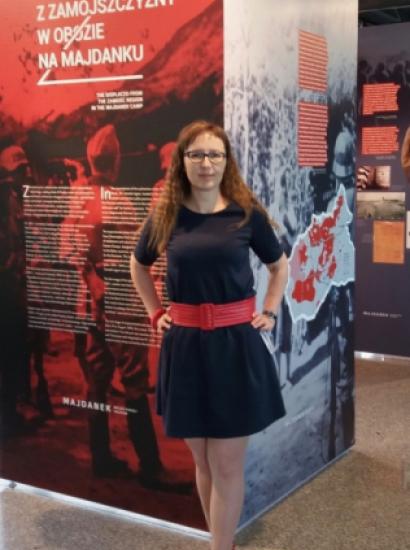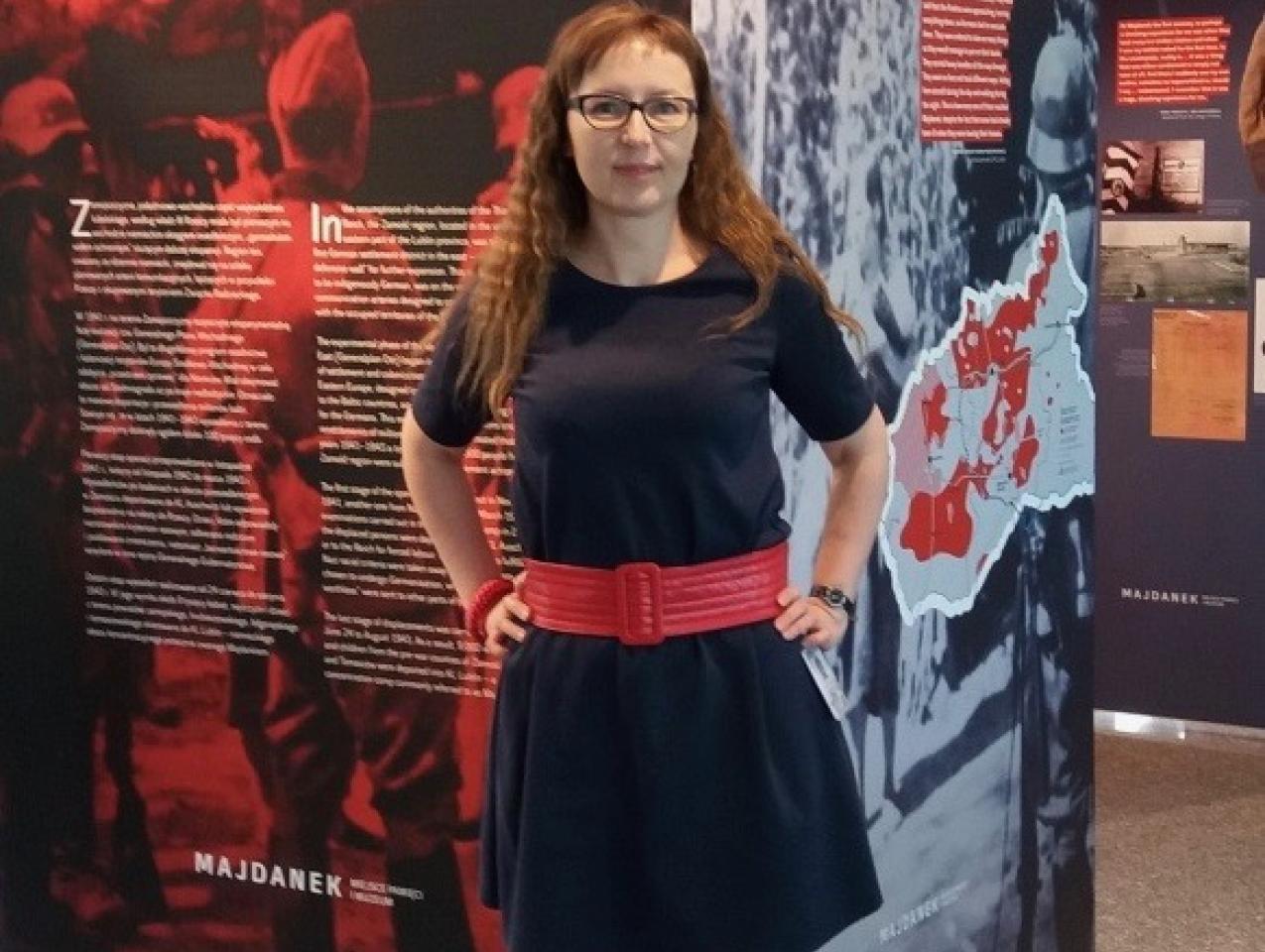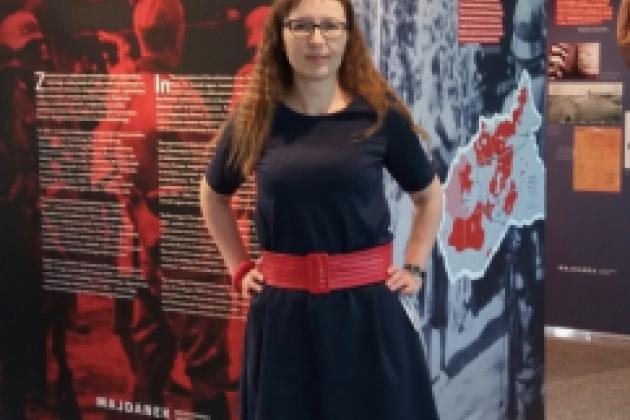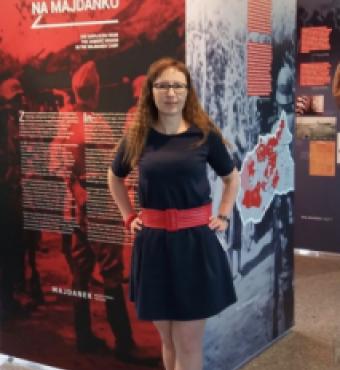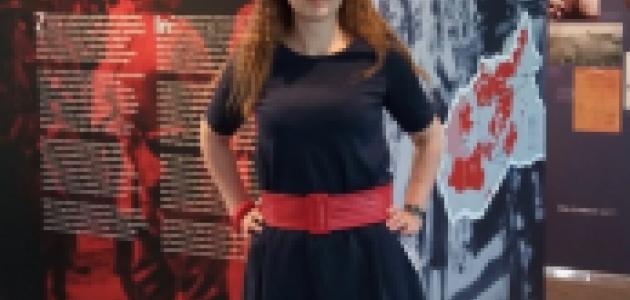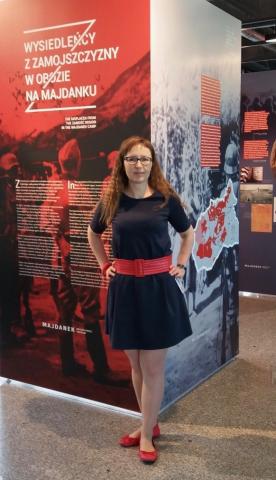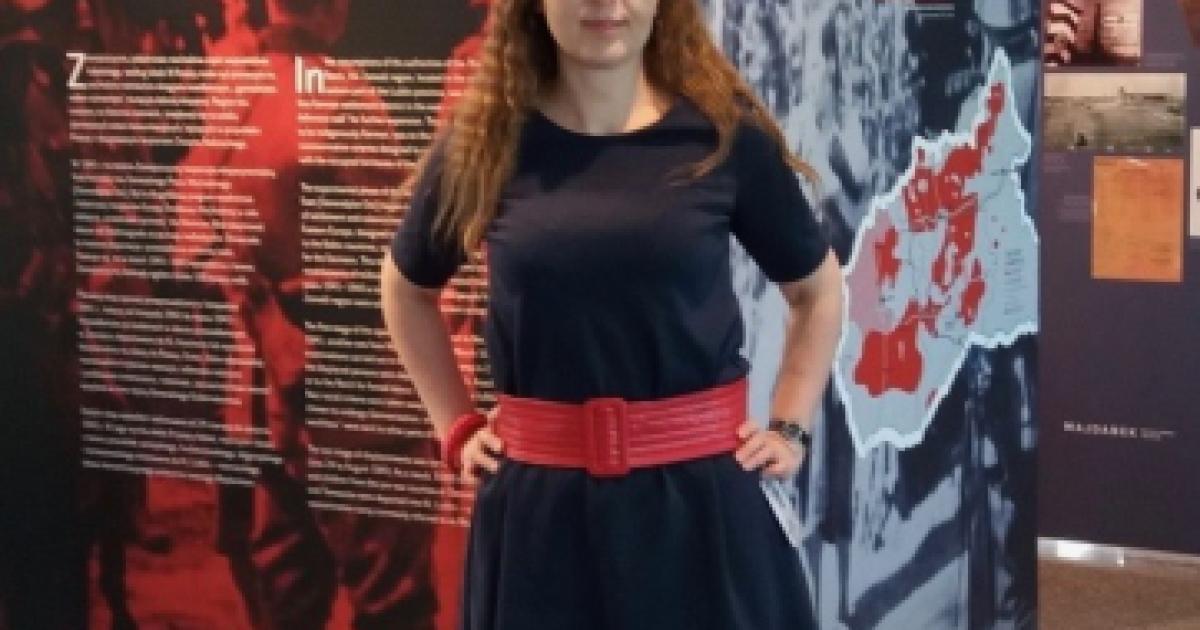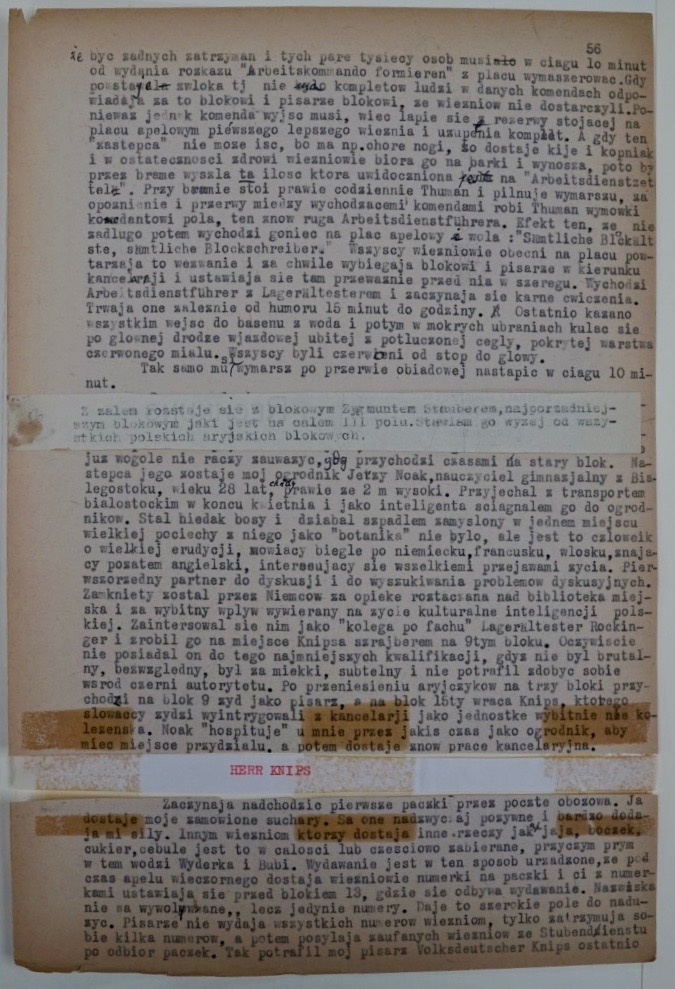
By Dorota Niedziałkowska
The State Museum at Majdanek in Lublin (Poland) was founded in November 1944 on the grounds of the former German concentration camp. Our mission is to commemorate the victims, preserve the relics and document the history of the camp.
We are preparing a Polish reissue of the camp memories of Jerzy Kwiatkowski entitled 485 Days at Majdanek. Kwiatkowski (1894–1980) completed his studies at the University of Vienna with a doctorate in law. He was arrested in Warsaw in the machinetools factory, of which he was a co-owner. In 1945 he wrote down the memories of his stay at Majdanek. The diary is among the most important works for our Museum, with an outstanding documentary rank, differing it from the majority of memoir literature. The author used it several times as evidence in the trials against the Nazi crew of Konzentrationslager Lublin and in 1969 it was discussed in the House of Representatives of the US Congress.
The first edition was published in the Polish People’s Republic in 1966. As a military man, factory director, Home Army soldier, and after the war – a US resident – Kwiatkowski was an uncomfortable figure for the authorities of People’s Poland. The text was subject to censorship and was heavily reworded in the Lublin Publishing House. The second issue from 1988 is based on the first edition and contains few significant changes. The archives of the Lublin Publishing House do not store editorial materials. The archives of the State Museum at Majdanek possess an original typescript of memories and an undated typescript from a later period, as well as correspondence from 1960s and 1970s regarding the publishing of the diary.
From the inventory available at the Online Archive of California, we knew that Hoover Institution Archives stored three typescripts of the memories and a rich dossier of the first edition of the book. Thanks to the generosity of Hoover Institution, for which we would like to thank the director Eric Wakin, I was able to conduct a scientific query in the archives of Jerzy Kwiatkowski. Senior curator of the Eastern Europe collection, Maciej Siekierski, along with the team: Liz Konzak Phillips, Gerardina M. Szudelski and Rayan Ghazal, secured the materials in terms of their conservation, managed to put in order 32 boxes apace, arranging them in the order written by the author. They also refined the inventory itself. Thanks to their hard work, I could use my stay in the archive as efficiently as possible, choosing the most important archives for us.
The copies of Kwiatkowski’s memoirs and materials regarding the book from the Hoover collection are a breakthrough in our research – both an editorial (for which I am responsible) and a historical one (scientific study by Wojciech Lenarczyk).
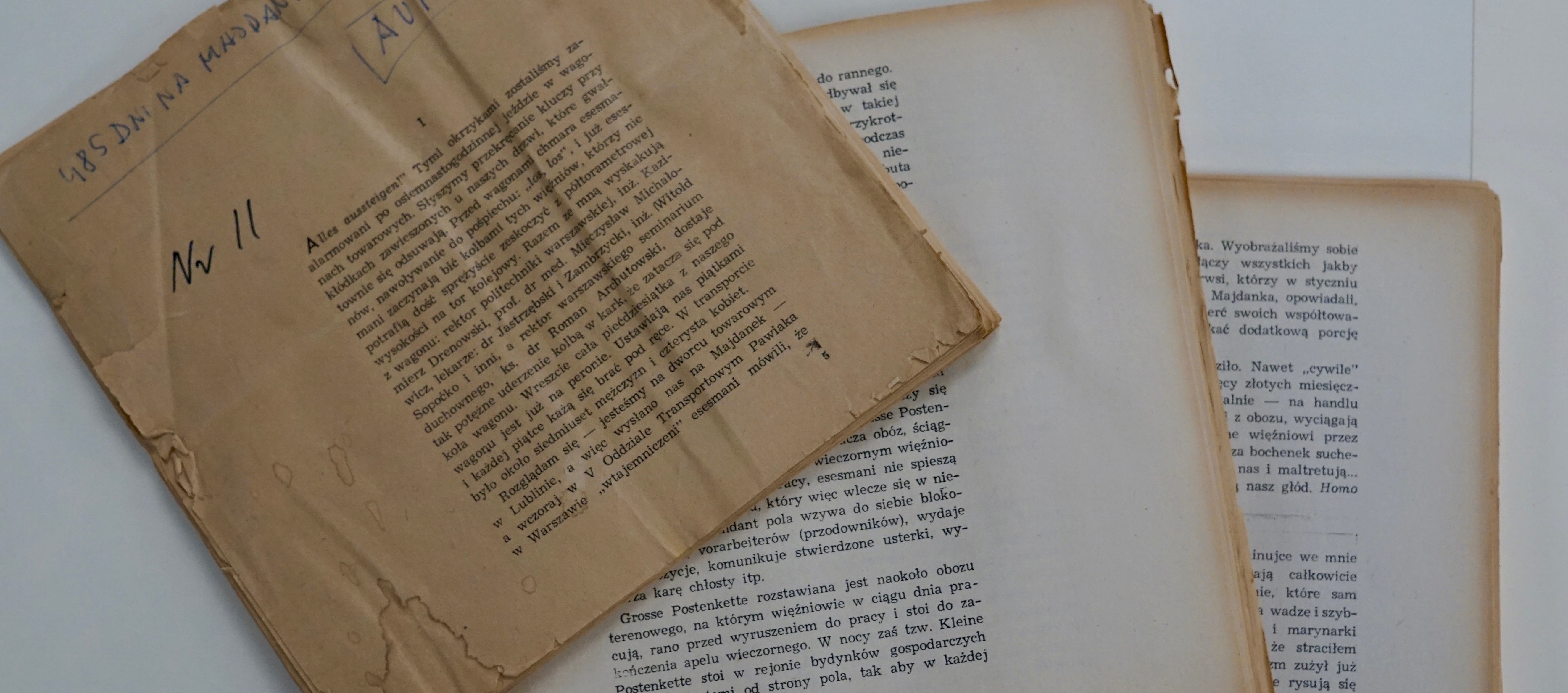
At the moment, the most important thing for me as an editor was to research the existing five versions of 485 Days at Majdanek. With the use of methods of scientific editing and text criticism, I determine their dating and build hypotheses regarding the order and, consequently, the history of the memoires. Comparing the versions leads to the choice of the basis for the issue and determining the text. The chance to include all archival materials, allowing to develop a release in accordance with the intention of the author and the truth of the typescript, seems an invaluable research opportunity.
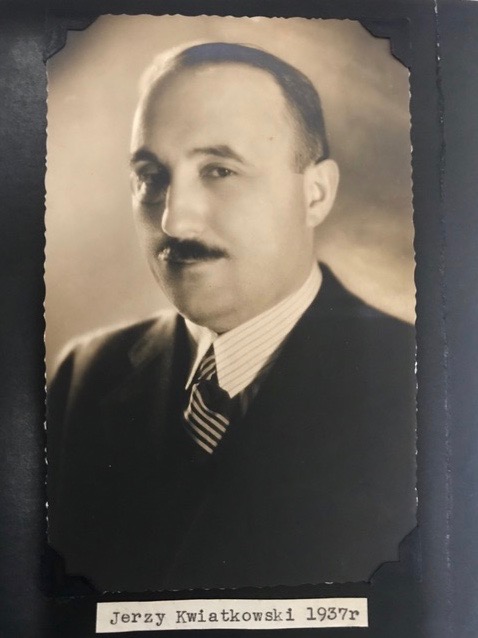
We are going to preface the book with a biographical introduction, combining the author’s short life story with a description of the circumstances in which 485 Days… were published and with the history of the text’s reception. Certain biographical data will be included in the footnotes. Biographical materials about Kwiatkowski will provide priceless source of information. Correspondence concerning the edition (between the author and the publisher, with people who prepare the book editorial), will allow to explain the history of efforts to print memories. Correspondence with the first readers as well as several dozen press reviews of the book, especially foreign ones, very difficult to obtain in Poland, will allow us to describe how the book was received in Poland and worldwide.
We were, until recently, in possession of two photographs of Kwiatkowski, whereas now we can make the book more attractive with the use of the illustrative material (so far unknown in Poland) from his photo album. We would like to thank the Hoover Institution for financing nearly thirty scans of photographs and documents that we plan to reproduce in the edition. We are also grateful to the Hoover Institution for two boxes of newspaper clippings and archival materials sent to Poland, including doublets of magazines and newspapers with publications on Kwiatkowski, which will enrich our archival resources.
In the future, we would like to prepare an English language edition of the camp memories of Jerzy Kwiatkowski and a monographic exhibition about the author (in Polish and English). The extensive Kwiatkowski’s collection, which I photographed almost entirely during the query, would be a material basis for the second project. We hope for further cooperation!
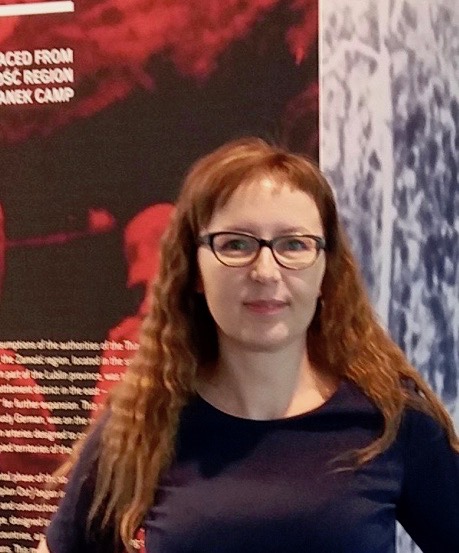
Dorota Niedziałkowska, PhD
Dorota Niedziałkowska, PhD, publishing specialist, curator at the Exhibition Department of the State Museum at Majdanek.




